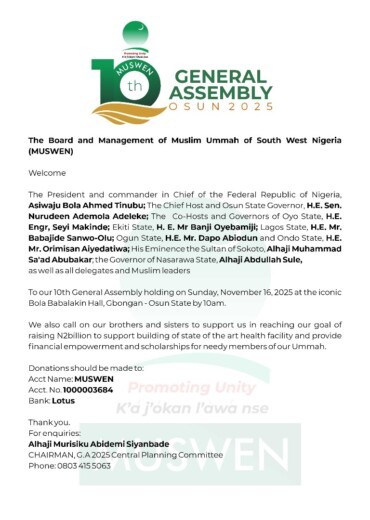ABUJA – Nigeria has made significant progress in its efforts to exit the Financial Action Task Force (FATF) grey list by securing upgrades on five key recommendations related to anti-money laundering and counter-terrorism financing.
The country is now rated Compliant (C) or Largely Compliant (LC) in 37 out of the 40 FATF recommendations, marking a major step towards restoring its financial reputation.
Exiting the grey list, where Nigeria has been since February 2023, is expected to lower the cost of diaspora remittances and bolster international financial transactions.
According to a statement by the Nigeria Financial Intelligence Unit on Sunday, the progress was recognized during the 42nd Technical Commission and Plenary Meeting of the Inter-Governmental Action Group Against Money Laundering in West Africa (GIABA), held in Freetown, Sierra Leone, from November 17 to 23, 2024.
Nigeria’s delegation, led by Hafsat Abubakar Bakari, Chief Executive Officer of the Nigerian Financial Intelligence Unit (NFIU) and Chair of GIABA’s Technical Commission, presented the country’s third Follow-Up Report, which highlighted measures taken to address deficiencies identified in the 2021 Mutual Evaluation Report on Anti-Money Laundering and Counter-Terrorism Financing (AML/CFT).
The statement added that the plenary upgraded five recommendations from Partially Compliant to Largely Compliant. These include Recommendation 23 on measures for Designated Non-Financial Businesses and Professionals (DNFBPs), Recommendation 24 on transparency of legal persons, Recommendation 25 on beneficial ownership of legal arrangements, Recommendation 28 on regulation and supervision of DNFBPs, and Recommendation 32 on cash couriers.
The improvements in Nigeria’s legal and regulatory framework have been recognized by GIABA member states and international partners. These efforts are expected to strengthen the country’s capacity to combat money laundering, terrorism financing, proliferation financing, and related offenses.
The Nigerian delegation comprised representatives from the NFIU, Economic and Financial Crimes Commission (EFCC), Central Bank of Nigeria (CBN), Securities and Exchange Commission (SEC), Special Control Unit Against Money Laundering (SCUML), Federal Ministry of Justice, Corporate Affairs Commission, and Nigeria Export Processing Zones Authority.


